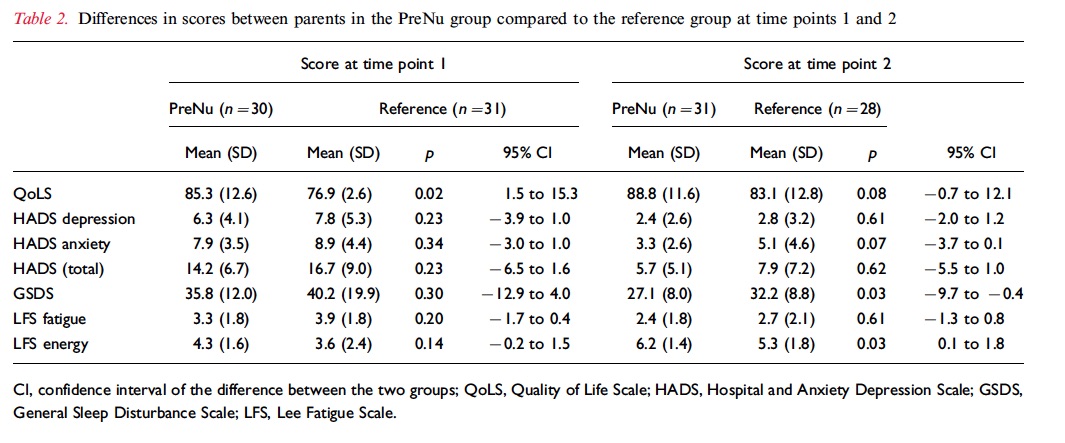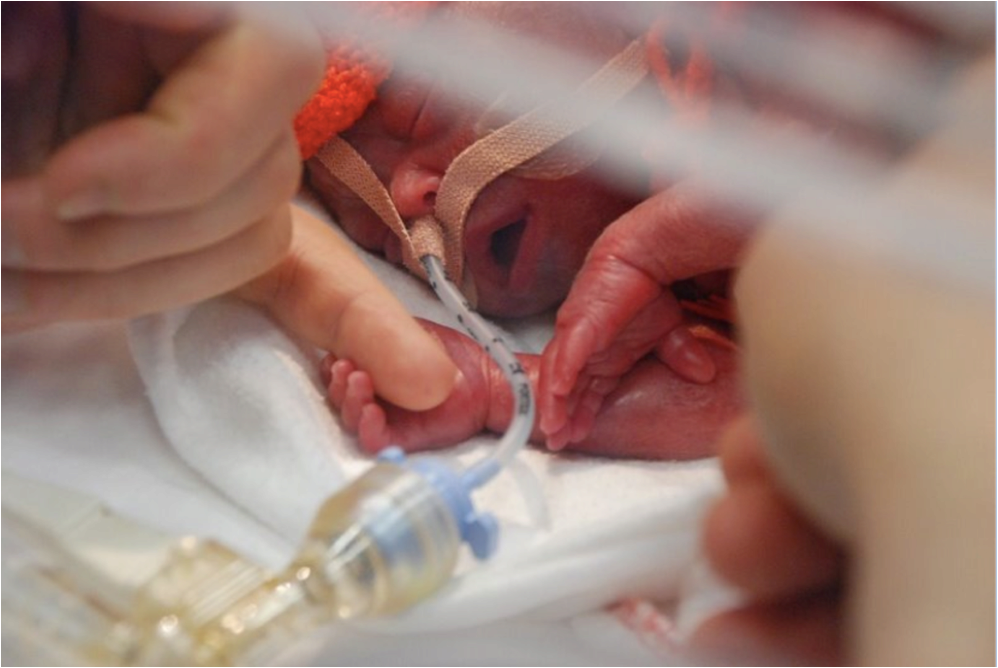It’s World Prematurity Day today and if you are a parent or are caring for a baby who has just entered this world before 37 weeks GA you are now part of a membership that counts 15 million new babies each year according to the WHO’s data. As I tell most new parents who have a baby admitted to our unit “It’s ok to take some time to adjust to this. You didn’t plan on being here”. That is true for most who go into spontaneous labour but of course those who are electively delivered due to maternal or fetal indications that have been followed closely often have time to prepare for the journey to the NICU. Many of these parents will have had the opportunity to visit the NICU or even connect with other parents before the anticipated birth of their child to at least get a glimpse into what life is like in the NICU. Much has been written about parental stress and methods to reduce it and I find that a piece that appeared in the Huffington Post offers some good pointers to helping parents manage the transition from pregnancy to NICU. The piece is entitled 5 Things Never To Say To Parents Of Preemies (And What To Say Instead). It is well worth a read but the one thing that stuck out in my mind is one very important thing to say.
Congratulations on the birth of your baby
There is no doubt that the family who gives birth to a preterm infant is experiencing stress. What may be lost in the first few days of surfactant, central lines and looking for sepsis among other things is that a new member of the 15 million strong has entered this world. They have a new child and just like anyone else should receive a congratulations. No one needs to tell them to be worried. They already are and likely view many of the possibilities more pessimistically than you do. Taking a moment to say congratulations though may go a long way to reminding them that amidst all this stress there is something to rejoice in and look to the future. If we aren’t supportive then I have no doubt the subconscious message is that they shouldn’t have hope either. I am not suggesting that we sugarcoat what is really going on but one can be honest about likely outcomes and still celebrate the arrival of a new baby. Much has also been written recently about a number of strategies to reduce stress in the NICU such as skin to skin care, integration of families more closely into the patient care team and forming parent support groups just to name a few. What else can be done to improve the quality of life for parents going through this journey?
Enrol Your Baby In A Research Study
I work in an academic centre and given the volume of research projects at any given time there is a need to approach families and sometimes quite soon after delivery. interestingly, I have heard from time to time that individuals have been hesitant to approach families due to a feeling that they are overwhelmed and won’t be receptive to being approached in this fragile state. I am guilty of the same thoughts from time to time but maybe it is time I reconsider. Nordheim T et al just published an interesting study on this topic entitled Quality of life in parents of preterm infants in a randomized nutritional intervention trial. This study was actually a study of parents within a study that called the PreNu trial that involved an intervention of a energy and protein supplemental strategy to enhance weight at discharge. The trial was an RCT and unfortunately although well intentioned was stopped when the intervention group was found to have an unexpected increase in sepsis rates. Although this study did not ultimately find a positive outcome there were additional analyses performed of quality of life and parental stress at two time points the first being during the hospital stay and the second at 3.5 years of age. The patients were all treated the same aside from the nutritional intake and in the end 30 intervention parents and 31 single parents not enrolled in a study (many in couples) participated in the study. In followup a little less than 70% completed the stress measures at 3.5 years. The results are found below.

How Do We Interpret This
The parents in this study who were part of the intervention group were about 3 years older so perhaps with more life experience may have developed some better coping strategies but during the hospital stay those who participated in research had better measures of quality of life and at three years better reports of sleep and energy levels. The study is quite small so we need to take all of this with a grain of salt with respect to the 3.5 year outcomes as there are so many variables that could happen along the way to explain this difference but I think it may be fair to acknowledge the quality of life measure during the stay. Why might parents report these findings? The finding of better quality of life is especially interesting given that more patients in this study had sepsis which one would think would make for a worse result. Here are a few thoughts.
- Involvement in research may have increased their knowledge base as they learned about nutrition and expected weight gain in the NICU.
- Frequent interaction with researchers may have given them more attention and with it more education.
- Some parents may have simply felt better about knowing they were helping others who would come after them. I have heard this comment myself many times and suspect that it would be attributable at least to a certain extent.
- A better understanding of the issues facing their infants through education may have reduced stress levels due to avoiding “fear of the unknown”.
Regardless of the exact reason behind the findings what stands out in my mind is that participation in research likely provides comfort for parents who are in the midst of tremendous stress. Is it the altruistic desire to help others or being able to find something good in the face of a guarded outlook? I don’t know but I do believe that what this study tells us is that we shouldn’t be afraid to approach families.
After first congratulating them give them a little time to absorb their new reality and then offer them the chance to improve the care for the next 15 million that will come this time next year for World Prematurity Day 2017.

